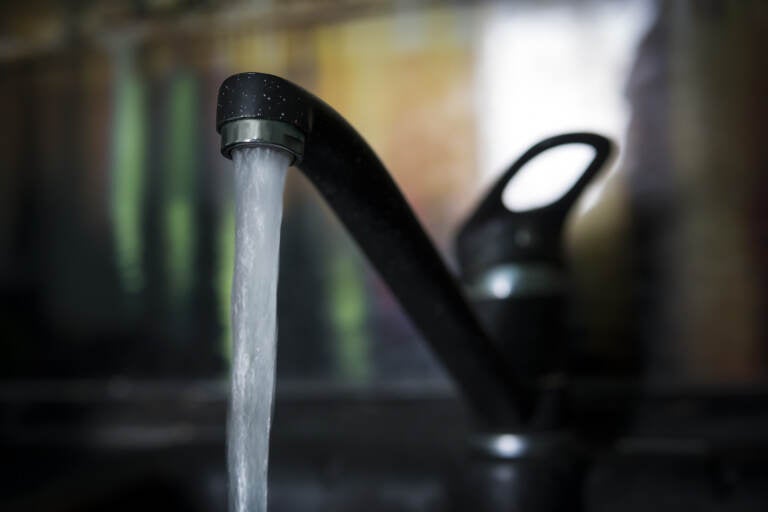Philly tap water is A-OK, according to latest report
The Philadelphia Water Department tests for about 100 contaminants, and says none exceeded state or federal standards.

(BigStock)
Got a question about Philly’s neighborhoods or the systems that shape them? PlanPhilly reporters want to hear from you! Ask us a question or send us a story idea you think we should cover.
Good news: your Philly tap water is up to snuff. That’s according to the latest water quality report released by the city Water Department.
An annual review of the city’s drinking water showed it met all state and federal standards, according to the department.
“We really do have high-quality, safe water in Philadelphia,” said spokesperson Brian Rademaekers.
Philly’s municipal water serves around 1.5 million people. The water comes from the Delaware and Schuylkill rivers, and is processed through three treatment plants.
Every year, the Water Department tests for roughly 100 regulated contaminants. Concentrations must be beneath standards set by the state and federal governments.
In 2021, the Water Department detected several chemicals in the water system, but all were below the standards.
Philly’s water has been in line with state and federal standards “year after year,” Rademaekers said.
“It really is a testament to the consistency of our ability to deliver high-quality water at a super affordable price,” he said.
The Water Department continues to watch contaminants officials consider “potential threats,” including Cryptosporidium, a microscopic parasite, and per- and polyfluoroalkyl substances, the so-called “forever chemicals” that have been linked to a range of health problems.
Recent Water Department tests of untreated drinking water have not detected levels of PFAS above the EPA’s old health advisory level of 70 parts per trillion, or above the proposed more stringent state limits under development. The Pennsylvania Department of Environmental Protection tested Philly’s treated drinking water in 2020 and found no detectable concentrations of two PFAS chemicals, PFOS and PFOA.
But last month the EPA released new interim health advisories for these two PFAS chemicals that are much lower than previous advisories — lower even than the PA DEP’s detection limit.
The EPA said for these chemicals, “some negative health effects may occur at concentrations that are near zero and below our ability to detect at this time.”
The Philadelphia Water Department also tests drinking water for lead, which can damage the brain and nervous system, particularly in children. These tests are done every three years, on the water in customers’ homes with lead service lines. The Water Department’s water mains are not made of lead, but the utility treats its water to make it less corrosive, so it doesn’t become contaminated while flowing through lead plumbing in homes and on customers’ properties.
The latest data — from tests done in 2019 — showed just two out of 99 homes had elevated lead levels, which is in line with EPA standards. There is no safe level for lead.
The Water Department offers zero-interest loans to help homeowners replace lead service lines.
The Water Department is conducting a new round of lead tests now, Rademaekers said.
WHYY is your source for fact-based, in-depth journalism and information. As a nonprofit organization, we rely on financial support from readers like you. Please give today.









